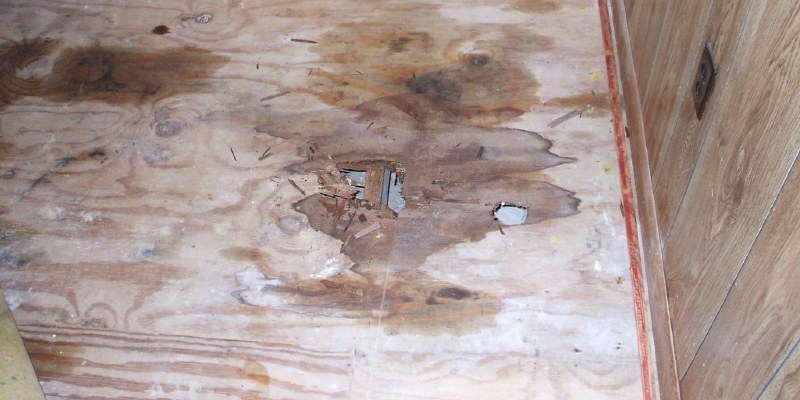When troublesome financial circumstances make paying your mortgage impossible, taking rapid action could save your home from foreclosure. Through foreclosure, your lender has the legal right to seize your home and its own equity. This procedure is devastating to your credit and, according to Bankrate.com, may keep you from qualifying for a new home loan for three years or more. Fortunately, you have choices to avoid the lender from seizing your property.
Sell the Home
By selling your property, you can repay your mortgage loan and eliminate the prospect of a foreclosure. In addition to preventing the house ‘s seizure, selling your home provides you with a paid-off mortgage on your credit report. Even though this is not likely to undo the damage done by several missed mortgage payments, you won’t even have to contend with a waiting period before applying for a new loan. Because a quick sale is essential to staving off foreclosure, you might need to take less than the property is worth. Selling your home is usually only an option when you have equity in the property.
Loan Modification
The federal authorities ’s Making House Affordable loan alteration guidelines state that each lender whose loans are insured by either Freddie Mac or Fannie Mae should evaluate each homeowner that applies for a loan modification. If accepted, your lender will use you to restructure your loan into a monthly payment which you could spend. If a private insurer holds your mortgage, it’s still possible to ask about financing modification. Many lenders would rather restructure your mortgage than confront the expenses of foreclosure.
Bankruptcy
Although bankruptcy is much more detrimental to charge scores than foreclosure, it may stop a lender from foreclosing on your property. The automatic stay imposed when you file your bankruptcy paperwork prevents creditors and lenders from following through with legal action against you–such as foreclosure. Filing bankruptcy under Chapter 13 gives you the best chance of saving your property, as it gives you the chance to repay your debt with no insolvency court or your own mortgage lender seizing any of your assets.
Short Sale
Should you owe your lender more than the fair market value of your home, you might still be able to sell the property by negotiating a “short sale” together with the lender. If your lender agrees, it will let you sell your home for less than you owe. Your lender will probably need evidence of your financial hardship before agreeing to a short sale. Even though a short sale is harmful to your credit, it doesn’t carry the exact same negative weight as a foreclosure.
